Fighting “Baseless Hatred” with Unity
Six synagogues gathered together to commemorate Tisha B'Av and discuss recent infighting between Jews in Israel.
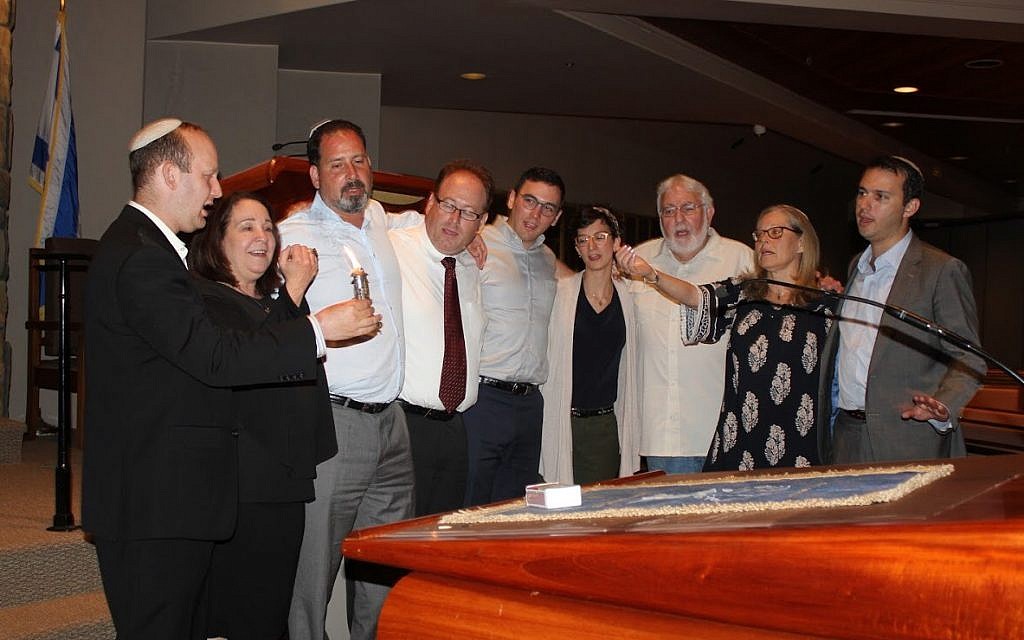
The gathering of six “outside the perimeter” synagogues Saturday night to commemorate Tisha B’Av took on new meaning with recent infighting between Jews in Israel.
The observance at Conservative Congregation Etz Chaim in Marietta was intended to create community between the congregations – most of them Reform – and encourage dialogue between people who might not ordinarily come together, said Etz Chaim’s Rabbi Daniel Dorsch.
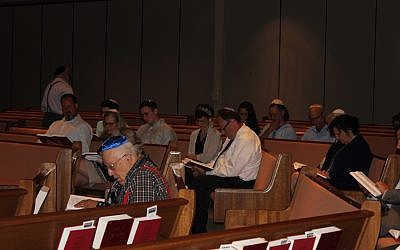
But the recent arrest of a Conservative rabbi for officiating at a non-orthodox wedding in Israel and the passage of the nation-state bill brought the history behind the memorial service to the forefront.
Get The AJT Newsletter by email and never miss our top stories Free Sign Up
“In light of the news coming out of Israel about a fragmented Jewish community, we are excited to stand together in solidarity and declare that we will not let baseless hatred consume the Jewish people.”
Dorsch explained that “baseless hatred for fellow Jews” was believed to cause the destruction of the temples in Israel and other Jewish tragedies, which Tisha B’Av memorializes.
What does “baseless hatred” have to do with the news in Israel? Dorsch and others interviewed for this story take issue with the exclusionary aspects of the nation-state bill, or Nationality Law, that officially defines Israel as a Jewish state and sets its official symbols, flag, anthem, capital and language. But it downgrades Arabic to “special” status, promotes Jewish settlements over others, and doesn’t address religious diversity within Israel.
Jewish organizations in the U.S. criticizing the bill include the American Jewish Committee and The Jewish Federations of North America, also among those trying to explain the new law to its leaders. On Tuesday, Dov Wilker, director of the AJC’s Atlanta regional office, led a group of 10 AJC leaders and Conservative and Reform rabbis voicing their disappointment with the bill to Israel Consul General Ambassador Varnai Shorer. “While we do not expect the legislation to change, we appreciate her willingness to hear our concerns about it,” Wilker said.
Dorsch, among the rabbis at the meeting, said the new law was “concerning to Jews all around the world. We care about Israel and this is a slap in the face. We are all very upset about it.”
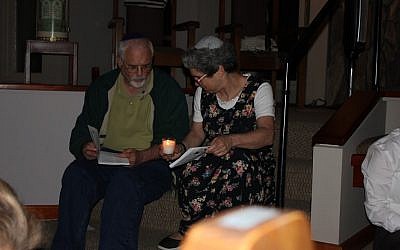
The unity among the Reform and Conservative communities was evident at the meeting with the Consul General and at Etz Chaim Saturday night, when 70 members from the six OTP synagogues joined for a pre-fast dinner and religious service. The members of Etz Chaim, Congregation Dor Tamid, Temple Kol Emeth, Temple Beth Tikvah, Temple Emanu-El and Temple Kehillat Chaim participated in Havdalah, during which eight rabbis and a cantor stood on the bimah arm in arm. As is the tradition, many later sat on the bimah steps or the floor and followed the Book of Lamentations megillah readings by the light of yartzheit candles.
After the service, Dorsch told those assembled: “Torah study is better when it leads to action. We have come together six synagogues strong. For it not to be in vain, we must act, go out into our communities and into our interpersonal relations” and continue the political discourse, he said. “When we disagree about Jewish law, let’s not approach it with baseless hatred, … but with an overabundance of love.”
Another disturbing and exclusionary event in Israel recently, coming on the eve of the holiday and in the wake of the passage of the new nation state bill, was the arrest of Conservative Rabbi Dov Haiyun in Haifa for officiating at a wedding. It struck a nerve with some of the clergy at the event.
“He was someone I studied with and he did not deserve this,” Dorsch said. “He is a good person with a resolute and strong personality and there is no question he will be able to handle the roughness” being shown him.
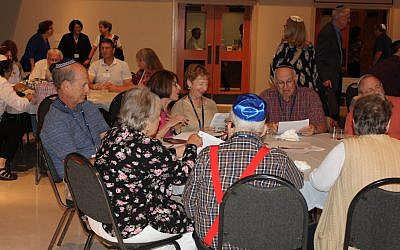
Dorsch said he has officiated at Jewish weddings, too, in Israel. “If I officiated at a wedding in Israel as a conservative rabbi, in theory, this could make me a criminal. I’d be impersonating a member of the rabbinate. That’s why this is so problematic.”
Tisha B’Av is a perfect time to discuss disunity, said Rabbi Max Miller of Temple Emanu-El, “We need more unity, whether it’s the nation-state bill, whatever is driving us, or Reform and Conservative rabbis not being able to perform [wedding] services.” Miller also mentioned protests in Israel about denial of a law that would have allowed surrogacy for gay fathers.
“We have to remember. We have to find ways to strive for unity in times of growing chaos.”



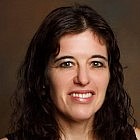
comments